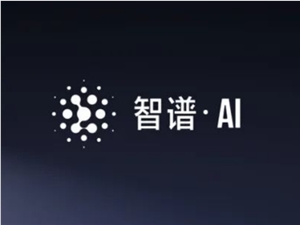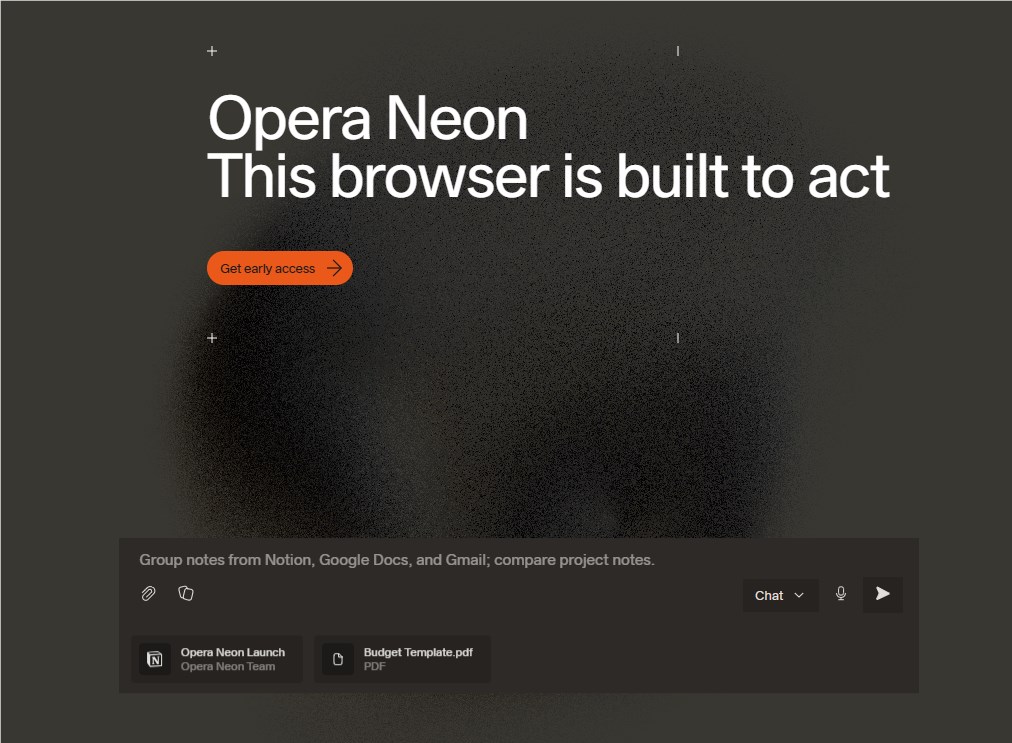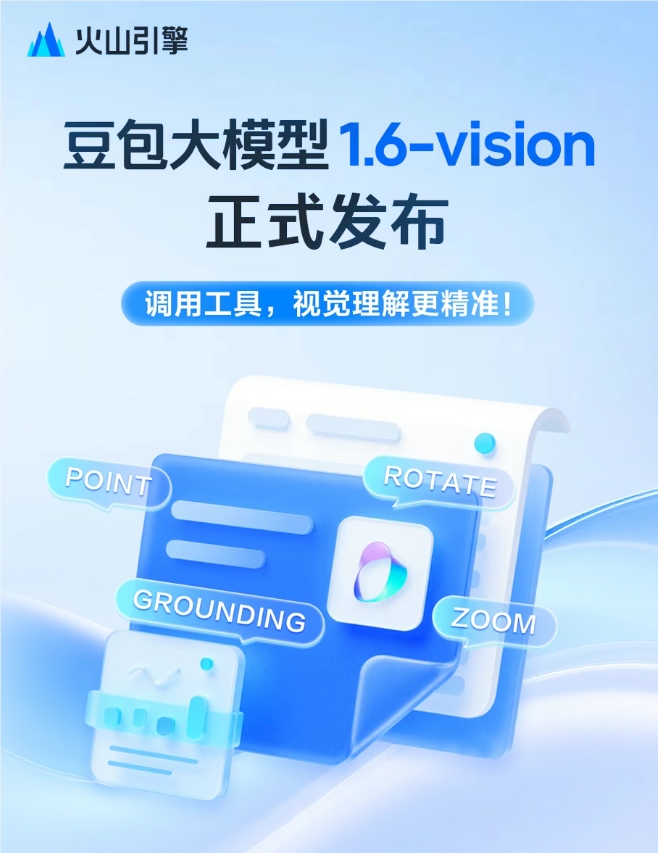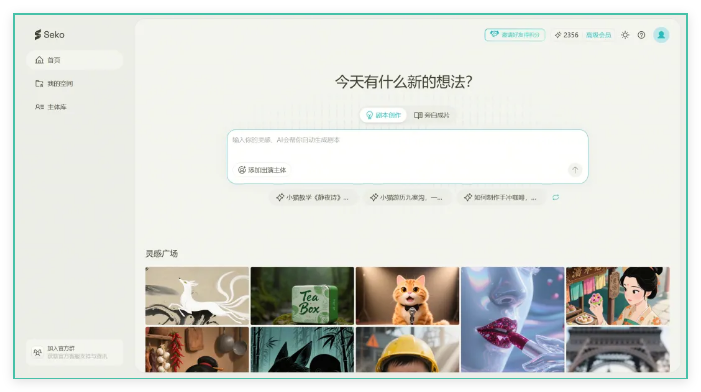With the rapid development of artificial intelligence (AI), many companies are experiencing unprecedented changes. Success stories of the past, such as Antonio Neri, CEO of Hewlett Packard Enterprise, who rose from a customer service agent to CEO, are gradually being replaced by the rise of AI. Analysts predict that up to 50% of entry-level jobs may be replaced by AI in the future, meaning many university graduates entering the workforce will face unprecedented challenges.

Image source note: The image is AI-generated, and the image licensing service provider is Midjourney
In a study of public technology companies and growing venture capital firms, data showed that job opportunities for job seekers with less than one year of experience decreased by 50% from 2019 to 2024. This trend has affected core functions such as sales, marketing, engineering, recruitment, operations, design, finance, and legal. This change not only affects job seekers but also puts pressure on companies to retrain talent.
Despite this, industry experts point out that the loss of entry-level positions may prompt changes in internal talent development models within organizations. As company structures become more flat, entry-level positions may evolve into higher-skill roles, requiring job seekers to possess more abilities before entering the workforce. Although this means that students about to graduate need to acquire these skills on their own, it could also become an advantage for them in a competitive job market.
Universities around the world are actively adjusting their curricula to provide students with AI-related skill training. Although technological advances may have a short-term impact on employment rates, historically, technological innovations have not led to large-scale unemployment in the long run. Experts believe that the challenges faced by current college graduates may affect their career development in the coming years.
However, despite many uncertainties, many economists believe that the long-term impact of AI on the labor market remains highly uncertain. Businesses and society will need time to adapt to this change. As technology continues to advance and AI becomes more widespread, the future of the workplace may bring a completely new model, rather than simply replacing the existing career ladder.
Key points:
🌐 Predictions show that up to 50% of entry-level jobs may be replaced by AI in the future, and the structure of the workplace is undergoing significant changes.
📉 Data shows that opportunities for entry-level positions have dropped significantly in recent years, affecting employment across various industries.
🎓 Universities are actively transforming to meet the skill demands of the AI era, helping students enhance their competitiveness.










